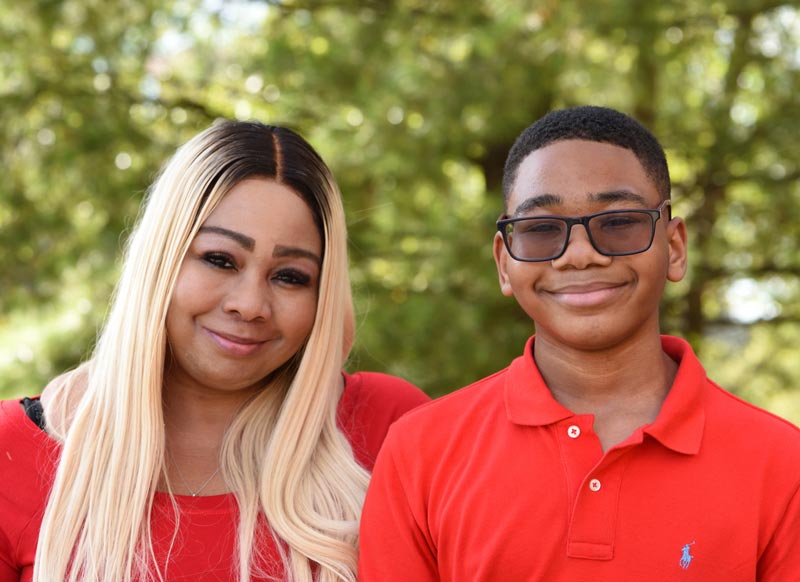
Timing is Everything: Confidence in Making a Mid-Year School Move to Springer
October 27, 2020
What a Learning Disability Feels Like, Part 2: Thinking Outside the Box
November 10, 2020
I recently read an article authored by learning disabilities expert Richard Lavoie that caused me to take a deep look at how I have interacted with my students with learning disabilities. What caught my attention was the old idiom “Walk a mile...”
We’ve all heard this before and have most likely used it to apply to many different scenarios in our lives. It specifically means to try and understand someone before criticizing them, which most would agree is excellent life advice and is probably a form of empathy that we all teach our children from a young age.
Why, then, does this seem like such a difficult concept for some adults to grasp? Myself included. Yes, I will admit that I am sometimes guilty of forgetting that everyone has a story - a story that can explain a lot of things if we just slow down long enough to consider where many of their behaviors are coming from.
As I have alluded in my past blogs, my daughter can try the patience of a saint. Her executive function deficits alone are enough to push my perfectionist self over the edge sometimes. It seems as if each week brings another round of problems to tackle. But isn’t that the nature of learning disabilities? They do bring different challenges every week, every day, and sometimes every hour. So let’s pause for a moment and try to imagine ourselves in the shoes of a child with a learning disability - let’s walk that mile.
In a nutshell...just as every child’s learning style differs, so too does their level of ability in any given area. Lavoie shared a surprisingly insightful perspective from “a 12-year old student who sadly told a teacher, ‘It's like my mind is a television set, but someone else is working the remote control. Sometimes my life just gets all scribbly.’" I think this so accurately reflects what many of our students with learning disabilities experience but are unable to articulate, and this inability to articulate their experience often further exacerbates the belief that all they need to do to be successful is to “try harder.”

If you would like a chance to experience what your child is feeling in the classroom, be sure to register for Springer’s next workshop “Looking Harder Is Not a Strategy.” During this virtual workshop, participants will experience a classroom simulation that demonstrates what it’s like to have a learning disability, and you will gain a foundational understanding of learning disabilities.
Blogger Lisa Bruns, M.Ed., Special Education, shares her expertise of students with learning disabilities. As a special educator, she has expert knowledge of interventions and accommodations that students may need to succeed in and out of the classroom. If you have questions, please contact Center Director Lisa Bruns at .



